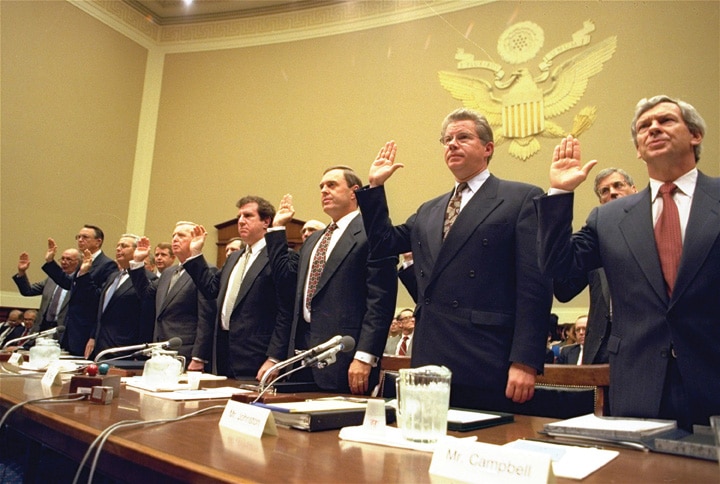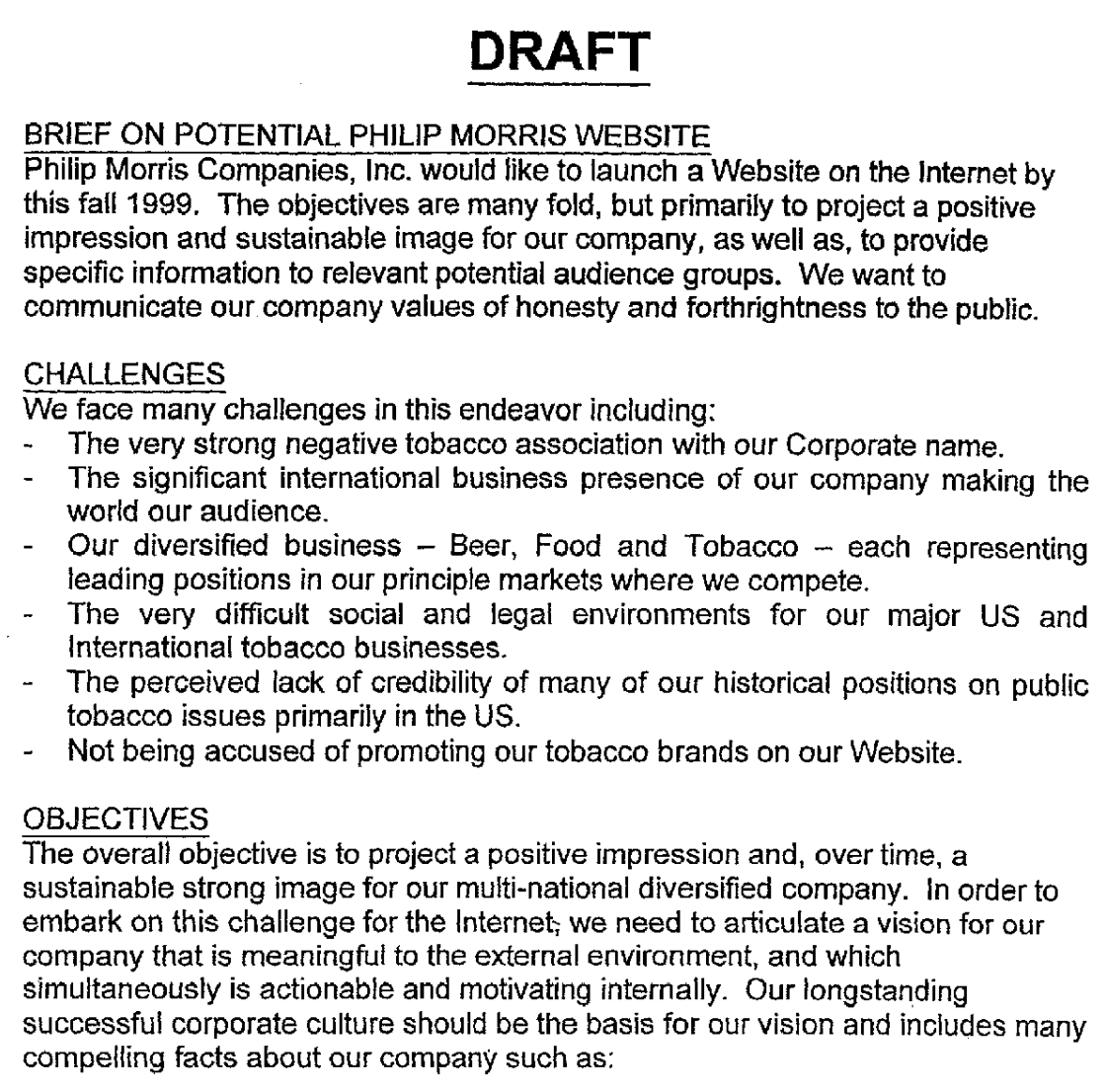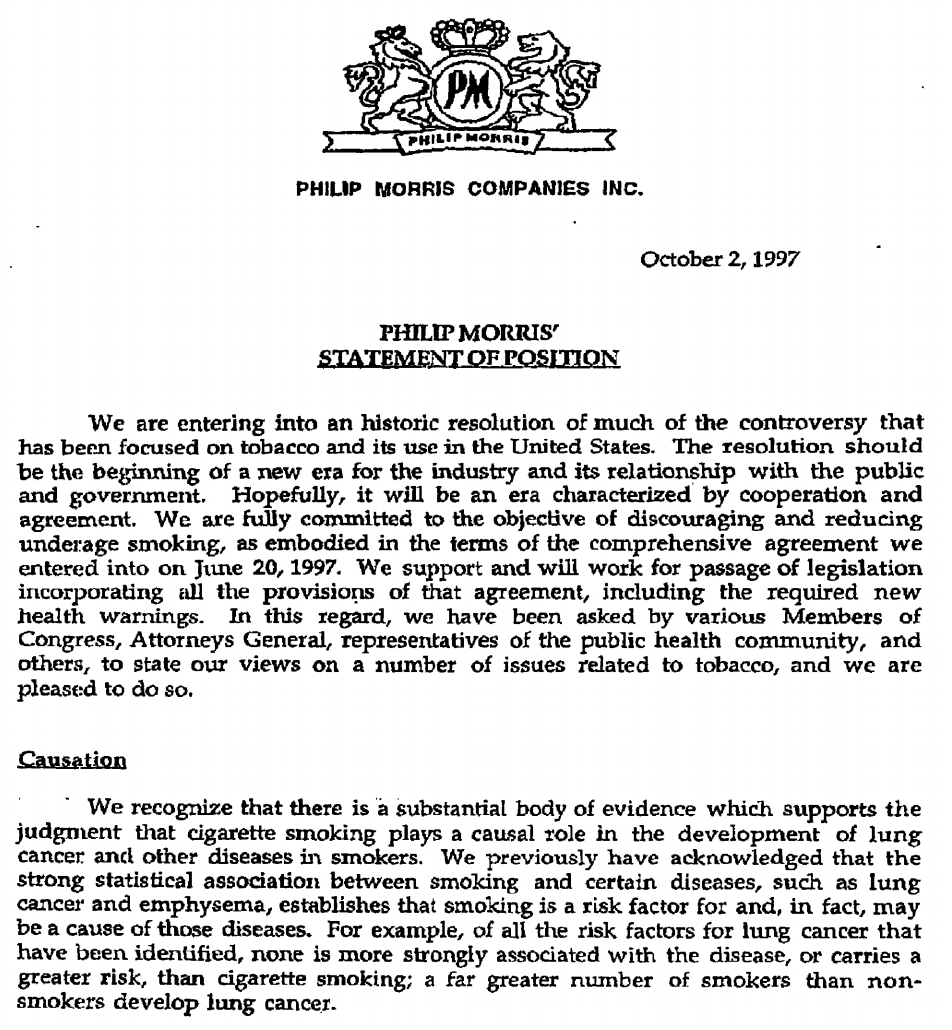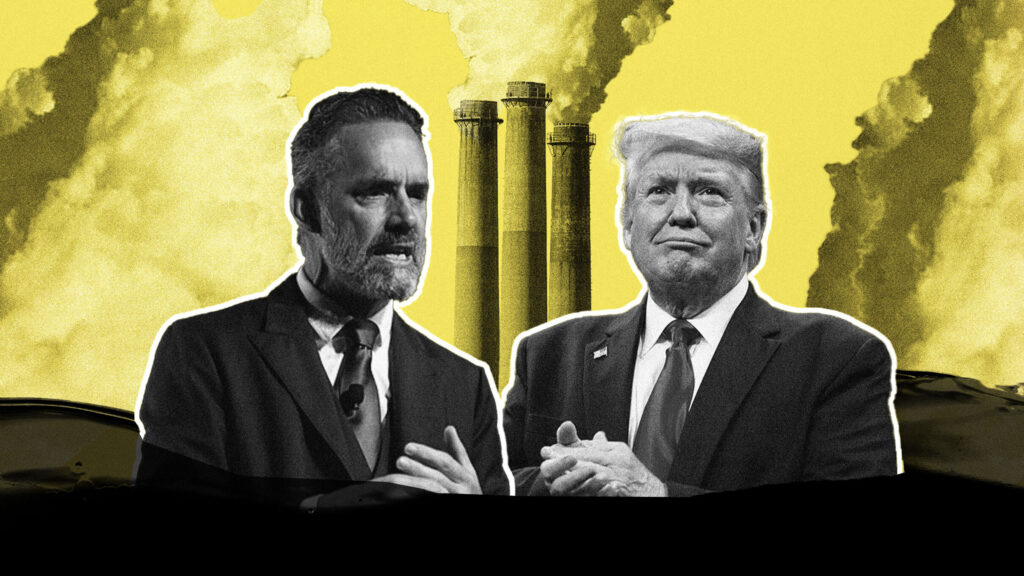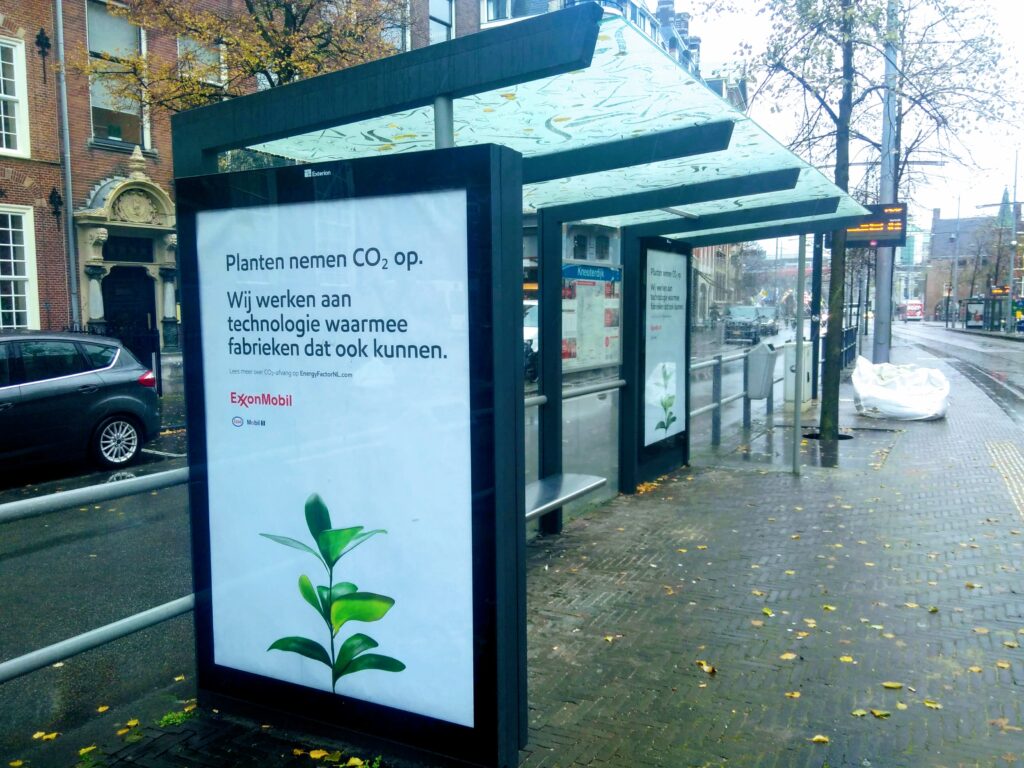Ted Wells, an attorney hired by ExxonMobil to represent the company against accusations it lied about the climate risks of burning fossil fuels, also represented the tobacco industry in the lawsuit brought by the U.S. Department of Justice in 1999 under the Racketeer Influenced and Corrupt Organizations (RICO) Act, DeSmog has found. Wells also defended the National Football League (NFL) in the infamous “Deflategate” matter as well as in litigation over the far more serious issue of concussions.
Wells has represented ExxonMobil since at least December 2015, following New York Attorney General Eric Schneiderman’s announcement that his office would probe Exxon’s role in funding climate change denial despite its long-held understanding and pioneering research into climate change.
Wells’ name also appears on an April 13 legal filing Exxon submitted in response to a subpoena issued by the Virgin Islands’ AG Office, a sign the “private empire” has retained him for the wider probe being carried out by a group pf Attorneys General.
Wells has made a career out of working on behalf of clients with legal claims often flying in the face of well-established science, with legal industry trade publication Inside Counsel referring to him as a top attorney-for-hire for crisis situations in an April 2007 article.
A DeSmog investigation has also found parallels in legal and public relations defense tactics deployed by Wells on behalf of those past clients and the tactics currently being utilized for his current big-ticket client, ExxonMobil.
Naomi Oreskes, a Harvard historian of science who has long studied the denial industry and wrote the indispensable book “Merchants of Doubt: How a Handful of Scientists Obscured the Truth on Issues from Tobacco Smoke to Global Warming,” sees Exxon’s hire of Wells as a positive and as a potential sign the company sees the writing on the wall.
“Call me an optimist, but I think this is good news,” she told DeSmog. “The tobacco industry was successfully prosecuted, and, perhaps with that history in mind, the NFL has recently agreed to a major settlement with its players. So perhaps Mr. Wells will guide Exxon towards a sensible path towards the future, rather than a misguided retreat into the past.”
Dan Zegart, a senior fellow at the Climate Investigations Center and author of the book “Civil Warriors: The Legal Siege on the Tobacco Industry,” told DeSmog: “Bringing in Ted Wells is a sign that ExxonMobil isn’t thinking settlement — they’re going to fight these attorney general actions tooth and nail. This is a guy who will throw up every possible defense for Exxon, like he did for tobacco. Every move in this playbook has been pressure-tested over decades.”
Exxon Representation
This is far from the first prominent lawsuit for which Wells has offered his billable services to Exxon, a company which funded climate denial to the tune of $31 million, by conservative estimates, between 1998 and 2014.
In the early 2000’s, Wells counseled ExxonMobil in a federal corruption case, with an ex-Mobil official named J. Bryan Williams pleading guilty to tax evasion and conspiracy as part of corruption that was at the time endemic in Kazakhstan.
Wells proclaimed Exxon’s innocence in the case outside of the courthouse after Williams’ guilty plea, distancing himself from Williams by stating that “Exxon Mobil had no knowledge of the over $7 million in secret payments that he received and hid in secret bank accounts.”
Wells, too, provided legal representation to Exxon in the lawsuit filed against it by citizens of Indonesia who alleged they had been tortured by private security guards on the company payroll.
That case, which reached the U.S. Court of Appeals, became somewhat moot when the U.S. Supreme Court ruled in the Kiobel v. Royal Dutch Petroleum case that the Alien Tort Statute does not offer non-U.S. citizen victims of human rights abuses committed abroad by U.S.-based corporations a path to legal justice in U.S. courts.
More recently, Wells represented Exxon in New Jersey in a lawsuit filed against the company by the State of New Jersey in 2004, which alleged the corporation’s responsibility for rampant statewide pollution. This culminated in an August 2015 $225 million settlement, far less than the $8.9 billion asked for by the plaintiffs.
NFL Science Denial
Yet for most of the U.S. population, Wells is best known for the “tough guy” role he has played in the “DeflateGate” case on behalf of the National Football League (NFL). It turns out that story, like Exxon and like the tobacco wars, has an anti-science spin too.
In that case, famed New England Patriots quarterback Tom Brady faces a four-game NFL suspension for allegedly deflating footballs in a 2015 playoff game against the Indianapolis Colts in order to gain a competitive edge. Wells has provided the NFL with legal representation for the ongoing saga.
But contrary to the NFL‘s crackdown on cheating narrative, the science points to the fact that Brady and the Patriots actually may not have cheated. It all centers around what is known as the “Wells Report” — an investigation by Ted Wells of the allegedly deflated footballs.
That report’s findings have come under question by numerous scientists, the NFL Players Association (NFLPA) and even the conservative think tank American Enterprise Institute.
The most ardent criticism of the study centers around the scientific report outsourced to a firm called Exponent Inc. that the Wells Report relies upon to make its case. The tobacco industry also used Exponent Inc. research to claim secondhand smoke does not cause cancer.
“The first thing you know is that when Exponent is brought in to help a company, that company is in big trouble,” Cindy Gage, owner of an environmental and agricultural consulting firm in California, told the Los Angeles Times in 2010.
While Wells represented the NFL for “DeflateGate,” he also provided his legal services for the much more scandalous — from a human health and public interest perspective — concussion lawsuit the NFL faced, brought against it by over 4,800 former players. That lawsuit ended with a $1 billion settlement, which some players have appealed, and some have pointed to as being rife with loopholes allowing the NFL to get out of trouble on-the-cheap.
A recent New York Times investigation pointed to myriad links between the tobacco industry and the NFL, including overlap in lobbyists and legal representation, though Wells’ name goes unmentioned in the article. Wells’ law firm, though, responded to the article in a letter published by Politico.
“Tossing around unsubstantiated allegations of links between an industry and Big Tobacco is reckless and dangerous. Like all broad-brush attacks, it undermines reasoned, fact-based debate,” reads the March 28 letter. “In short, there is nothing in the Times’s story that can fairly, credibly and objectively support the false and defamatory charge that the NFL had ties to the tobacco industry.”
Wells and Big Tobacco
Just over a decade ago, Wells went to bat for Philip Morris in the United States v. Philip Morris lawsuit filed against the company by the DOJ in a case ending with a prosecution, but with actual penalties tantamount to kid glove treatment. The treatment, which came from DOJ political appointees, motivated lead DOJ prosecutor for the case Sharon Eubanks to resign from her post.
In court documents reviewed by DeSmog, Wells’ tobacco arguments parallel, in many ways, those Wells made for Exxon in its April 13 response to the Virgin Islands’ subpoena. Much of that line of argumentation over a decade ago in the tobacco case centered around proving or disproving that Philip Morris would likely commit fraud in the future if left unprosecuted, a key tenet of a successful RICO prosecution.
Throughout the tobacco RICO case, in legal filings and in the courtroom, Wells emphasized how Philip Morris’ behavior had changed and how it had become more a socially responsible corporate entity. In the main, Wells said Philip Morris had done so by withdrawing from the industry-manufactured debate on smoking as it relates to health and addiction, as well as by deferring to the judgment of the public health community on smoking’s human health impacts.
As a document obtained from University of California-San Francisco’s (UCSF) Legacy Tobacco Documents Library details, Wells cross-examined Philip Morris’ “point person“ — General Counsel Denise Keane — about its public relations website. That site attempted to convey that the company no longer participated in the scientific denial of tobacco’s human health impacts.
“The company’s purpose was, number one, to make in a very public way its commitment to no longer being part of what I would call an old world, but to take a step that would codify really for all purposes going forward the fact that it was going to be aligned with the public health community, that it was going to communicate the message of the public health community,” Keane testified under oath at a January 19, 2005 hearing. “And when we talk about what’s on the website, you know, to me, the guiding principle is communicating the message of the public health community.”
But first and foremost, it appears the website existed for Philip Morris’s public relations purposes. A 2008 academic paper published in the journal Public Health Nursing by Ruth Malone and Elizabeth Smith, both professors at UCSF, concluded the website’s existence did not signify any sort of radical shift in company culture on public health.
That paper cites a June 1999 memorandum published in the UCSF tobacco archives, which describes the rationale behind the website.
Image Credit: University of California-San Francisco
“The objective of this is to increase the awareness of our social programs and to improve the public perception of our company in the US during these very challenging times resulting from the very negative environment for our tobacco business,” reads the memo. “Hence, we want to capitalize on this advertising campaign by inviting viewers to a Website, where they can learn more about these programs and Philip Morris in general.”
ExxonMobil currently appears to be positioning itself as having moved away from the “old world,” announcing it would be hiring a new climate change researcher in the midst of New York Attorney General Eric Schneiderman announcing his office had opened an investigation on Exxon.
Keane also declared, under cross-examination by Wells, that her company had, under the auspices of an October 2, 1997 Statement of Position, withdrawn from the debate it had manufactured on the human health impacts of tobacco use. As Wells put it in his opening statement for the federal trial, this served as proof Philip Morris had entered into a ”permanent irreversible” dawn of a ”new era.“
Image Credit: University of California-San Francisco
A similar notion of involvement in public policy “debate” before it had reached an overwhelming scientific consensus arose in Exxon’s response to the Virgin Islands’ subpoena signed off on by Wells on April 13, with the word “debate” used 11 times by the company’s legal team.
Free Speech Attack?
Like with the Philip Morris precursor, Wells and the Exxon legal team attempted to convey the company’s shift from student of climate change science, to funder of climate denial and attacks on science, and then the shift back again to being a responsible corporate citizen concerned about climate change impacts and policy solutions.
“ExxonMobil has publicly and repeatedly acknowledged risks related to climate change” in recent years, Wells and his legal team wrote in response to the Virgin Islands’ AG Office subpoena, citing three example of such acknowledgment in recent years. In so doing, Exxon also claimed the Virgin Islands’ AG Office had launched an attack on its free speech rights and its ability to take part in such debates in earlier years.
“The chilling effect of this inquiry, which discriminates based on viewpoint to target one side of an ongoing policy debate, strikes at protected speech at the core of the First Amendment,” wrote Wells and the Exxon legal team.
The Virgin Islands rebutted Wells and Exxon in an April 25 response.
“Your argument that this investigation targets protected speech mirrors arguments that were decisively rejected in the United States’s case against tobacco, which held tobacco companies financially responsible for and imposed sweeping injunctive relief to address a decades-long scheme by those defendants to misrepresent the scientific facts regarding smoking,” reads the letter signed by Virgin Islands Attorney General Claude Earl Walker. “If ExxonMobil knowingly deceived consumers and investors about climate change, it, too, is not above the law.”
Numerous conservative groups — some with ties to the climate change denial echo chamber such as Koch-funded groups like Competitive Enterprise Institute, Pacific Legal Foundation, and Heritage Foundation — have also called the Virgin Islands subpoena a First Amendment attack.
So too did the editorial boards of the Wall Street Journal and the National Review Magazine. The Free Speech in Science Project, a group whose funding stream has yet to be revealed, has also pushed a First Amendment argument.
“Doubt is Our Product”
The tobacco industry is now infamous for writing in a 1969 memo that “Doubt is our product since it is the best means of competing with the ‘body of fact’ that exists in the mind of the general public.” Yet, Exxon has even said in its own late 1970s studies that “there is no doubt” that pumping carbon dioxide into the atmosphere was harmful.
Related Reading: “There is no doubt”: Exxon Knew CO2 Pollution Was A Global Threat By Late 1970s
If doubt is the product, then Wells has produced a legal career representing and defending doubt — from the tobacco wars, through to the NFL‘s concussion crisis and now into today’s “ExxonKnew” saga.
Wells did not respond to multiple requests for comment for this article.
Photo Credit: State of Connecticut Department of Public Health
Subscribe to our newsletter
Stay up to date with DeSmog news and alerts


